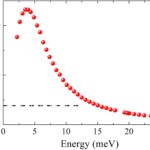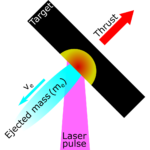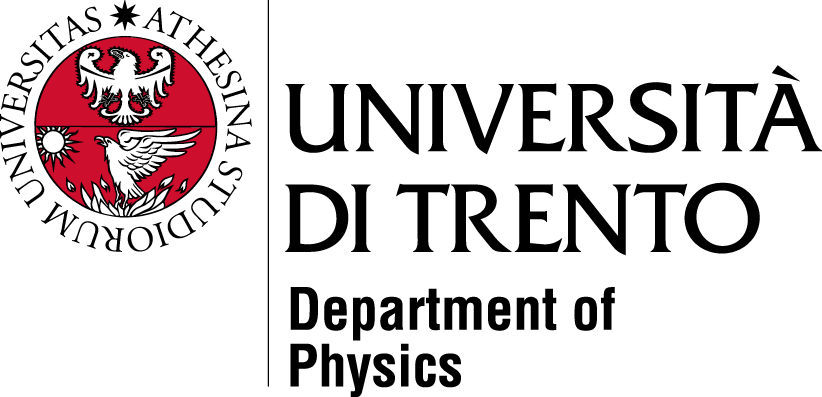LM thesis proposal
Supervisor: Raffaello Potestio (raffaello.potestio@unitn.it)
One of the most challenging issues in molecular simulations is to match the gap in the broad range of length and time scales which characterises soft matter systems. One method which proved capable of reducing this gap is the Hamiltonian adaptive resolution simulation (H-AdResS) scheme [1], which enables the concurrent usage, in the same simulation setup, of two models representing the same system at different resolutions. By these means, an accurate but computationally costly model (e.g. all-atom) is employed in a small subdomain (e.g. for a small protein or part of it), while a simplified and more efficient low-resolution representation is used for the rest (w.g. the solvent molecules). The master thesis work will focus on the development of an efficient algorithmic implementation that specifically accounts for the characteristics of the algorithm. This can also include the integration with general-purpose software for the manipulation of molecular simulation data (e.g. VMD). The whole computational setup will be validated on scientifically relevant problems, such as the simulation of macromolecules in adaptive resolution solvent in equilibrium and out of equilibrium. The project is framed in collaboration with the Max Planck Institute for Polymer Research in Mainz, Germany. The possibility of short missions abroad is thus foreseen.
References
- R. Potestio, S. Fritsch, P. Español, R. Delgado-Buscalioni, K. Kremer, R. Everaers, and D. Donadio, Hamiltonian Adaptive Resolution Simulation for Molecular Liquids, Phys. Rev. Lett. 110 , 108301 (2013)
Illustration of the H-AdResS setup: the resolution of the molecule depends on its position. Taken from [1].
Starting date: December 2022



